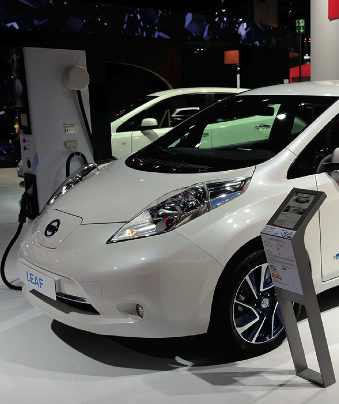

one of Japan’s foremost car manufacturers, Nissan is working hard to develop new vehicles that are safer, more environmentally friendly, and will always offer their customers a new kind of driving experience. Kato Keno, vice-president in charge of the brand’s product strategy, takes us through the main aspects of his innovation policy.
What are the main research areas Nissan is working on at the moment?
KATO Keno : We are channelling our energy in three directions. Above all, we are concentrating on zero-emission cars and technology for selfdriving cars. We are also working in the field of connected cars. All of this is achieved through our roadmap, “Smart Mobility”, which we have set up in order to reach our goal of zero emissions and zero accidents.
The electric car is one of Nissan’s priorities. How are the Japanese reacting to this new technology?
K. K. : Japanese drivers have demonstrated a real interest in electric vehicles, as witnessed by the success and satisfaction levels of our Leaf model. Our user experience reviews have proved that once a driver has used an electric car, it’s unlikely that they’ll go back to driving conventional cars. It was an eye-opener, and because of this we have made it our priority. I should add that the Renault- Nissan Alliance is the only car manufacturer to propose a complete fleet of electric vehicles at a competitive price.
Is Japan still a test-market for your future products, knowing, for example, that more than 25% of the population is over 65 years old?
K. K. : Undoubtedly, our Japanese clients have always had very high expectations. Where electric vehicles are concerned, for instance, our experience in Japan has enabled us to work on improving the technology. For us, age is of no importance as long as we are attentive to the feedback from all our clients. Still, considering Japan’s particular demographic, we do pay special attention to ergonomics to answer the needs of our older customers. But the younger generation can be reassured — we’ve not forgotten them.
Are you working with the Japanese authorities to decide which sectors you should explore in order to develop the car of tomorrow?
K. K. : Of course. That’s especially true for batteries, new materials, automated technology, and everything that concerns our zero-emission target.
The area of self-driving cars is currently generating a lot of interest. many businesses, some with no experience in the car industry, have launched themselves into the race. What is Nissan’s position in this area? What are your ambitions?
K. K. : This interests Nissan immensely. We are active participants in the Strategic Programme for the Promotion of Innovation as defined by the Japanese government, and one of its objectives is to reduce the number of accidents to below 25,000 by 2020. In a similar fashion, under the leadership of the Ministry of Economy, Trade and Industry, we’ve joined forces with other Japanese car manufacturers and electronic component producers in order to improve maps, communications, as well as ergonomics. As a first step, we’re working on digital maps, as highly accurate 3D mapping data is essential to the development of self-driving technology, especially when conducting field tests (see pages 5 to 8). We have also brokered a 5 year partnership with NASA for the development of self-driving vehicles, and are currently planning how to market them. Our new Serena mini-van equipped with ProPilot self-driving technology will soon be available on the Japanese market. In Europe, our Qashqai model will be fitted with ProPilot in 2017. Gradually, a dozen of Renault-Nissan’s cars will be equipped with this technology, including those intended for the Chinese and American markets. Our ambition is to continue down this path, as all profits generated by this expertise will benefit new technologies, which in turn will allow us to establish the brand’s technological competence.
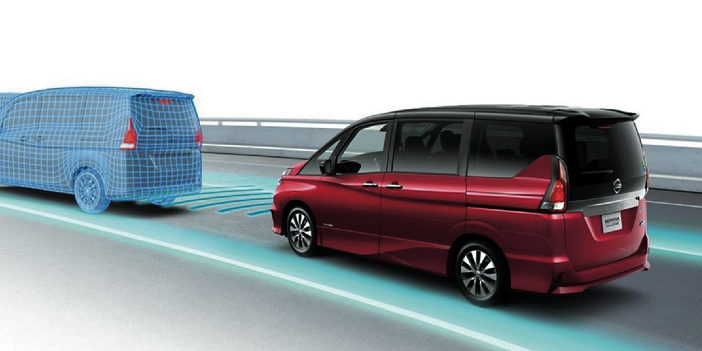
technology.
What timeframe you are working towards?
K. K. : If a manufacturer only takes the short term into consideration, he has little opportunity to produce a car that’s fit for its time. That’s why we look at the long-term outcomes. The Leaf model, in this sense, is the fruit of our research and our long-term vision. We can say the same about the self-driving technology we have developed. As for future trends, of course, we are exploring many different leads. However, if I could only mention one, I’d say we must respond to those clients who often find our products “too complicated to use”, and make them more intuitive to use, so that it takes less time to and energy to master them.
INTERVIEW BY ODAIRA NAMIHEI

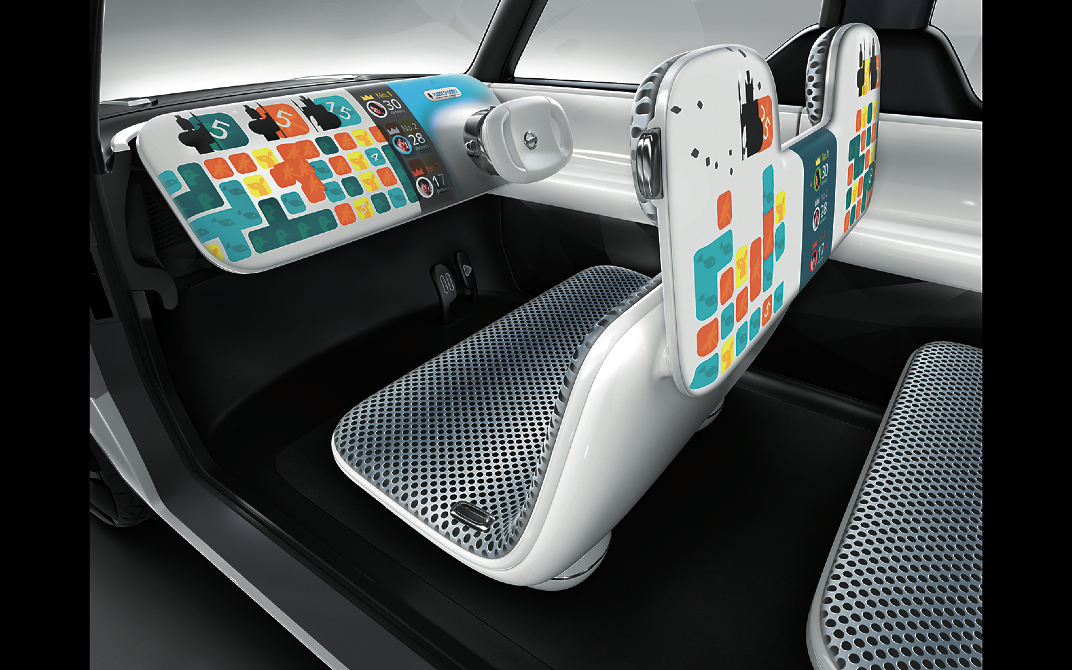

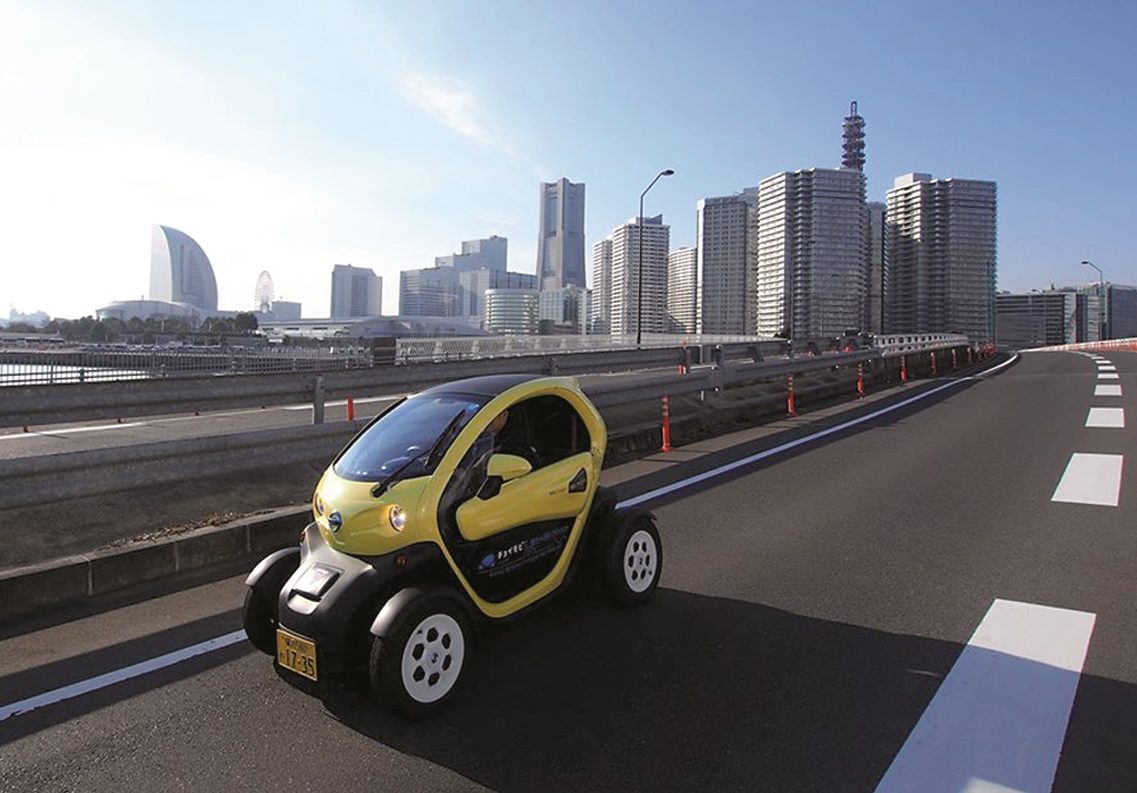
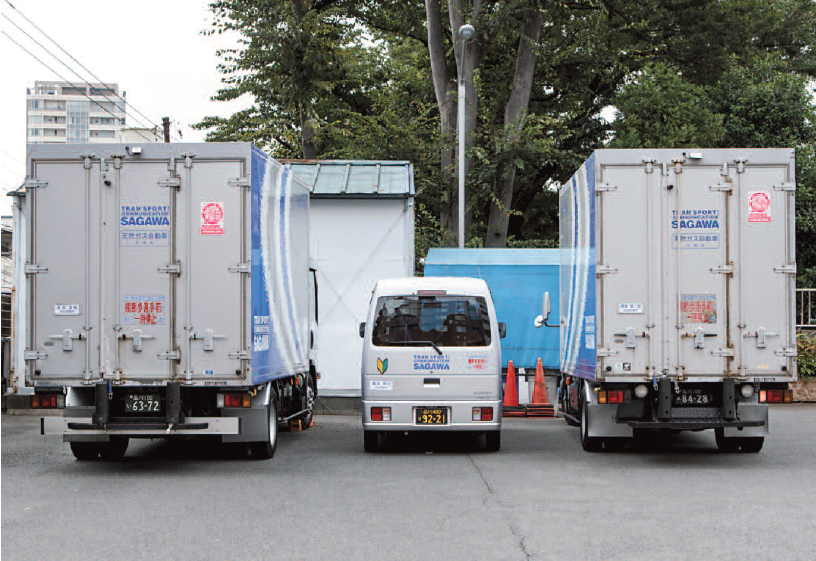

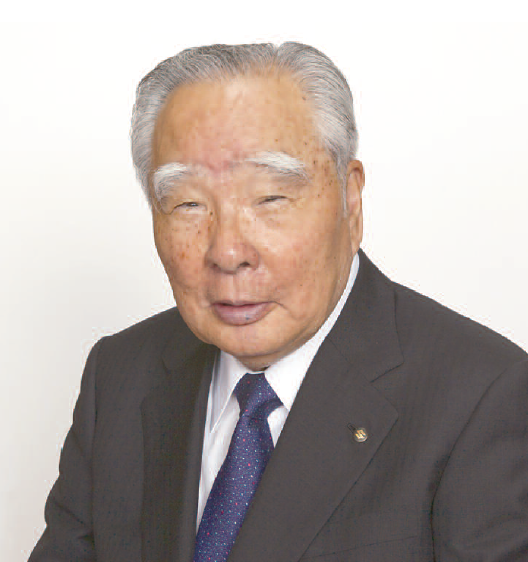




Leave a Reply